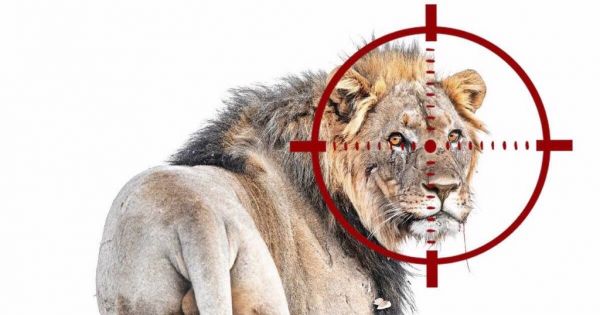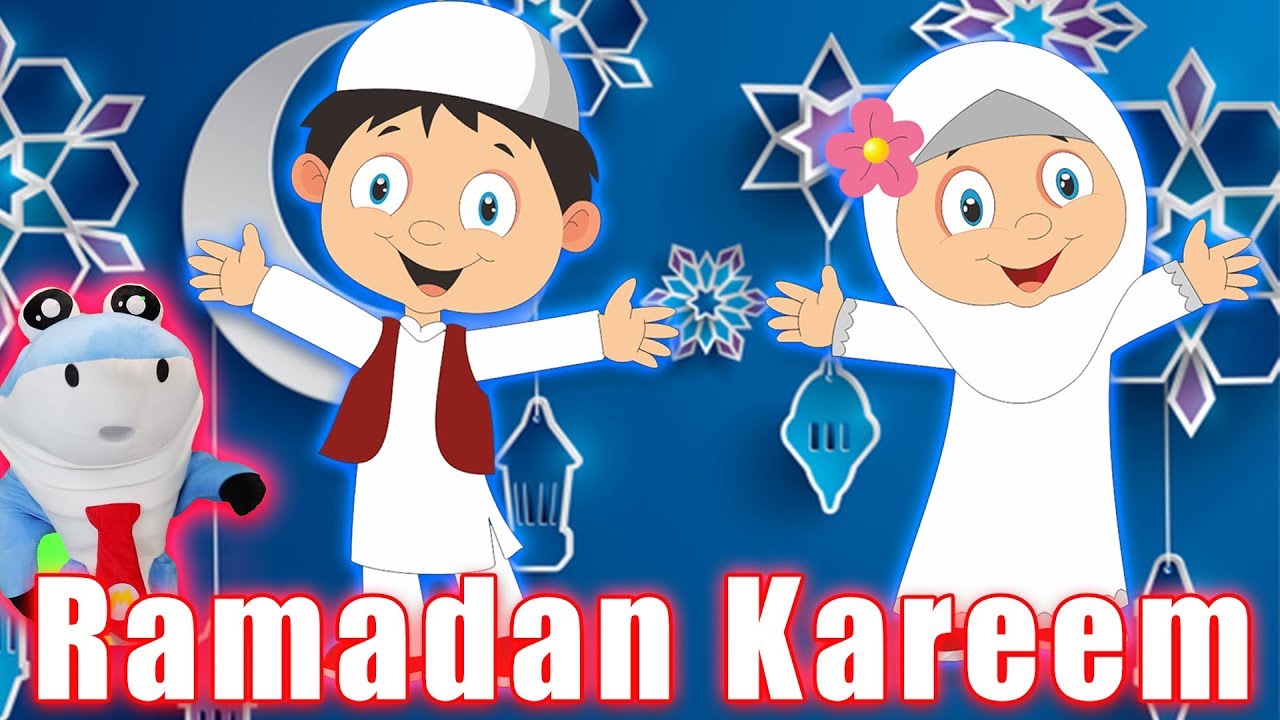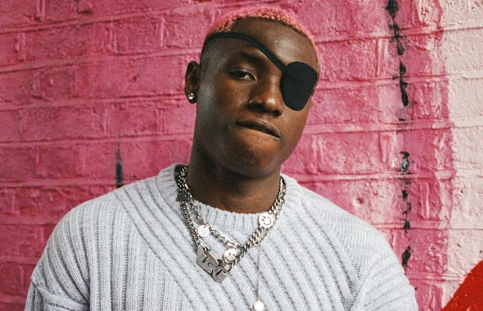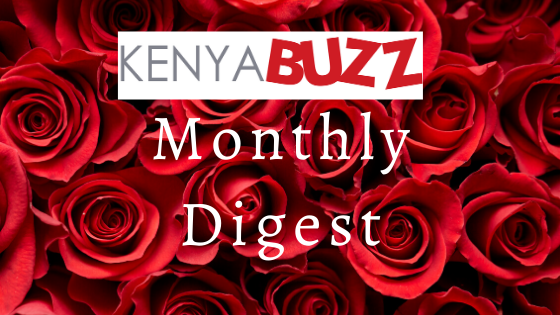A sharp object is used. It could be a knife carefully sharpened for hours, or a razor blade; and in extreme scenarios, a broken piece of glass. Not only is it painful and life-altering, but also, it could bring death upon those who undergo it.
In the least dangerous form, the hood of the clitoris is chopped off. And then there is excision, where all or part of the clitoris or labia minora is sliced and tossed away, leaving a bloody mess and a girl in incredible pain. The ugliest of all, infibulation- also known as 'sowing up'; involves the inhumane cutting of the clitoris, labia minora, and part or all of the labia majora. The walls of the vulva are then stitched together and left for healing. A girl gets the FGM scar for life
and has to contend with a multitude of other health risks. That is if she survives the crime committed against her: mutilation.
The traditional practice of Female Genital Mutilation (FGM) has been with Africa among some communities for centuries, following generations like a stubborn shadow. Even with laws against it put in place and the World Health Organization (WHO) denouncing the act's medicalization, it appears to be that culture is a deep and tough demon to drown. The shadows hide when the sun goes down, but they are always with us.
Have we looked the other way to focus on other challenges and opportunities of the 21
st century, forgetting the merciless and cringe-worthy acts that are performed on our beautiful girls?
Are we doing enough advocacy to save the innocent ones who are cooped up in remote villages, forgotten, almost as if they fell off the map?
In our series seeking to appreciate women lighting up the way for Africa, Jedidah Lemaron, aka Malkia (Queen), loops us in. A Mandela Washington Fellow 2016, Jedidah founded The Malkia Initiative. Born and raised a true daughter of Maa, her organization wages war against FGM and champions the rights and dignity of the girl child.
Who is Jedidah "Malkia" Lemaron?
I am a Maasai girl, a Kenyan feminist and a mother of one. I am the Executive Director of the Malkia Initiative, a community-based organization in Kajiado County.
A menstrual health expert and training consultant, I have a background in Counselling Psychology, with over 5 years of experience in Gender and Adolescent Sexual Reproductive health with a bias on girls.
I draw my inspiration from my early life and that of my community, the Maasai, where I experienced the consequences of inequality, poverty, and harmful practices.
I envision a world with gender parity. One where girls and women can make decisions of their own and have their own voice in what is largely a patriarchal community.
I dream of an equal world, where all girls and women will rise to their rightful positions in their communities, without question.
What is the mandate of Malkia Initiative?
The Malkia Initiative mission is to enhance the enrolment, attendance, retention and transition of girls in school and to ensure that they thrive while at it.
We seek to see the emancipation of women and girls. This is done through interventions under 3 key pillars: Education, Menstrual Health and Hygiene Management, and Adolescent Sexual Reproductive Health.
When was it founded and why did you see the need?
Malkia was Founded in 2015 and legally registered in 2016. I founded Malkia because of the inequalities I saw as a young girl.
I was lucky to have come from a privileged family where my parents were educated hence they took us to school. Through primary school, I lost friends to FGM, early marriages, teenage pregnancies, and even poverty.
Oftentimes girls didn't have menstrual products. They were also not motivated to stay in school or work hard; we lacked role models from our community.
As a Maasai, I knew I wanted to come back to my community and stand in the gap, not only be a mentor but also empower the young girls to get their own voice and know their rights. I wanted them to say NO to harmful cultural practices and I would also do that at the policy level to ensure that we have policies that protect women and girls.
How would you describe FGM?
Barbaric. It's a human right violation.
Is this hidden crime a global concern?
Yes. FGM is practised across the world. Over 200 million girls and women in the world live with the scars of FGM, 92 million of them in Africa.
In Kenya, 21% of the women population have undergone FGM with 22 counties mapped as hotspots. Some counties have up to 99% prevalence. Kajiado is ranked at 78% which is still too high. In fact, research has it that in every 8 seconds one girl will undergo FGM.
Read the full interview on Qazini




